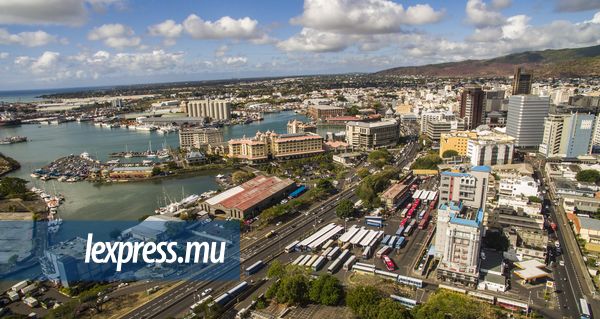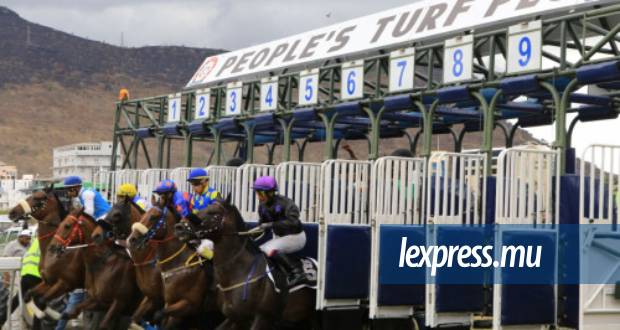Publicité
Budget 2016-17: KPMG analysis

Breaking the myth of high expectations and staying on a stable socio-economic course amidst external uncertainties
The Mauritius Finance Minister, Hon Pravind Jugnauth, delivered the 2016-2017 Budget speech entitled “A new era of development”. This was against a backdrop of prolonged uncertainties in the Eurozone, the recent confirmation of Brexit and a more complex local context. The sum of parts of this Budget shows a derived sense of comfort in aiming for a stable, albeit unspectacular, growth as opposed to an uncertain high growth. It is commendable that the 2016-2017 Budget has maintained the core philosophy Mauritius is known for, which is to maintain a pro-business and social welfare agenda with measures projecting an outlook where GDP growth rate will be 4.1% in 2017 from 3.4% in 2015/16, and targeting a statutory debt of 50% in 2018, down from the current 65%.
Enlarging the space for wealth and economic value creation
A number of measures announced indicate that a key priority of this Budget is to enlarge the space for expansion of economic activity and value creation. In the global business and financial services sector, allowing GBC 2 license holders to invest on the stock exchange, and tax holidays to licensed global headquarters as well as global business operators in the Treasury, Asset Management, Legal, Investment Banking and Family Office space are all indications of a country strategy to increase substance and the product proposition of Mauritius as an International Finance Centre.
For the real economy’s manufacturing and construction sectors, key incentive schemes include an 8 year tax holiday for industrial fishing operators based in Mauritius, permit facilitation for building and land use through e-licensing and introduction of the Sand Bag licensing principle; extended tax credits on new investments by manufacturing companies and a 40% subsidy towards Airfreight for textiles for a period of three years. The agricultural processing sector will benefit from the creation Agricultural Land Management System and promotion of tea and agro-processing activities. Similarly, new economic zones such as the creation of gold and diamond exchange, a petroleum hub and platform at Albion and a pharmaceutical village in the south are announced.
In his strategy, the Minister has also positioned the creation of the long term light rail transportation, the Metro Express, as a regional economic regeneration project with the allied infrastructural developments.
Enablement and Empowerment
Mauritius is faced with skill based asymmetries between its labour supply and demand. With a view to address this, the Budget has enumerated a number of measures such as training in technical skills targeted to 4000 persons for the ICT, Tourism, Para-medical and Construction sectors. Furthermore, there is provision to employ 2000 persons under the Youth Empowerment Programme. Another key measure includes the placement of 200 qualified engineers in the public sector to enable their professional registration. Consumerism has also been made more affordable through the abolition of duties and tariffs on 368 product lines.
Modernisation and innovation
Modernisation measures noted are the creation of industrial parks with modern production techniques for SME’s, the creation of a regulated E-payments framework via a national payment switch, E commerce platforms by MEXA and the opening of more WiFi spots. Combined with the planned investments in the country’s broadband infrastructure, these measures are conducive to further Mauritius as an intelligent island.
Continuing the social agenda
The Marshall plan to eradicate poverty and develop talents of the deprived which was started by the Government has also been gratified with the increase in subsistence allowance, the introduction of monetary incentives for socially deprived students to complete secondary school education, and the continued focus of the decent housing for all programme.
Public sector efficiency reforms
It is with a lot of appreciation that we welcome the proposed public sector reforms. Measures include the launch of 50 new e-services to increase the interaction between the public and the government, the prospective merger of 11 public sector units, as well as the restructuring, turnaround or revamping of a number of public sector organisations including the MBC, Mauritius Post, NTC, RBSE, Civil Aviation and NTA. A further positive sign was Government’s intention to divest from the Casinos.
This Budget’s tax proposition
Despite the pressure to adapt to a fast evolving international tax landscape, Mauritius continues have one of the most competitive tax regime in the world. A number of fiscal incentives have been announced to boost the various sectors of the economy. As mentioned above, tax holidays have been introduced to certain companies or investors in the financial services sector creating employment in Mauritius. Such measures are welcomed as they contribute towards building the Mauritius International Financial Centre as a jurisdiction of substance. Duties have been abolished on a number of products such that only few products are now subject to custom duties, which means that Mauritius is therefore well positioned to be a duty free island in the near future. Measures have also been announced to tighten up tax administration. Government did not, however, take this opportunity to provide clarity on how the harmful tax practices as prescribed by the European Union or the OECD Base Erosion Profit Shifting (BEPS) recommendations shall be addressed or implemented.
Prudence may not be impactful but boldness may not always work…
Against all odds, the Minister was able to spare us any tax hikes, bar the usual increases in excise duties applicable to alcoholic and tobacco products. While the cynics may say that we have not been bold enough, the optimists would value this Budget’s pragmatic yet conservative approach. During uncertain times and the increasing complexity in our economic environment, investors and economic stakeholders cannot be given a false sense of security or insecurity. Therefore, with the observed set of measures, we feel this has been smartly achieved. The real test though remains the reversal of the lowering growth trend and the country’s ability to increase the country’s FDI inflows.
Publicité
Les plus récents






